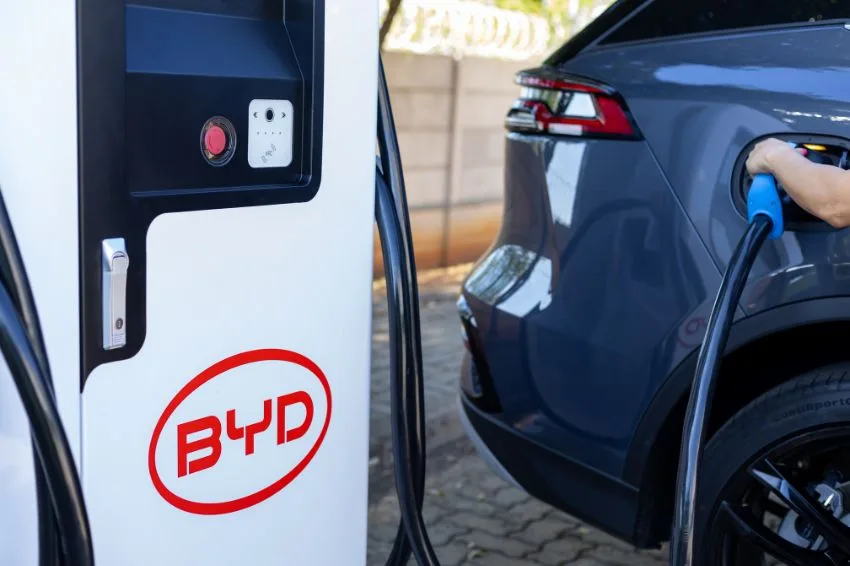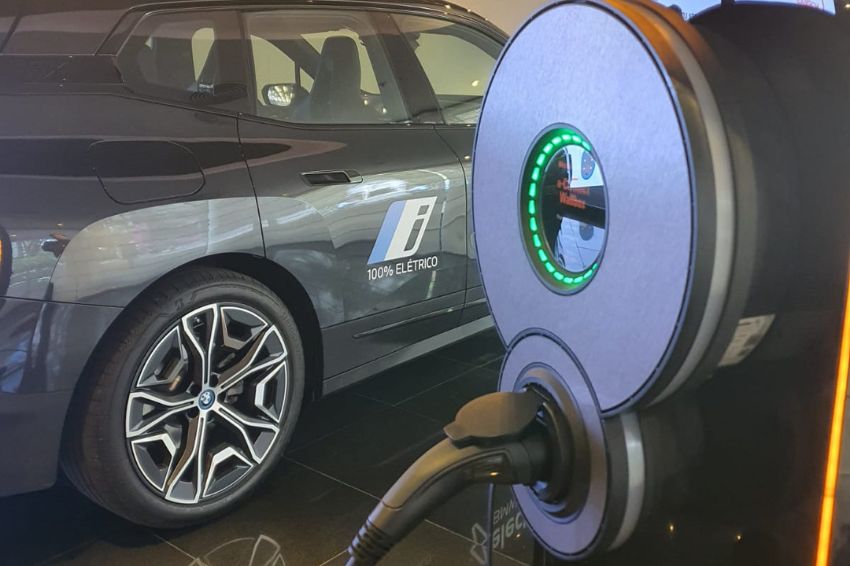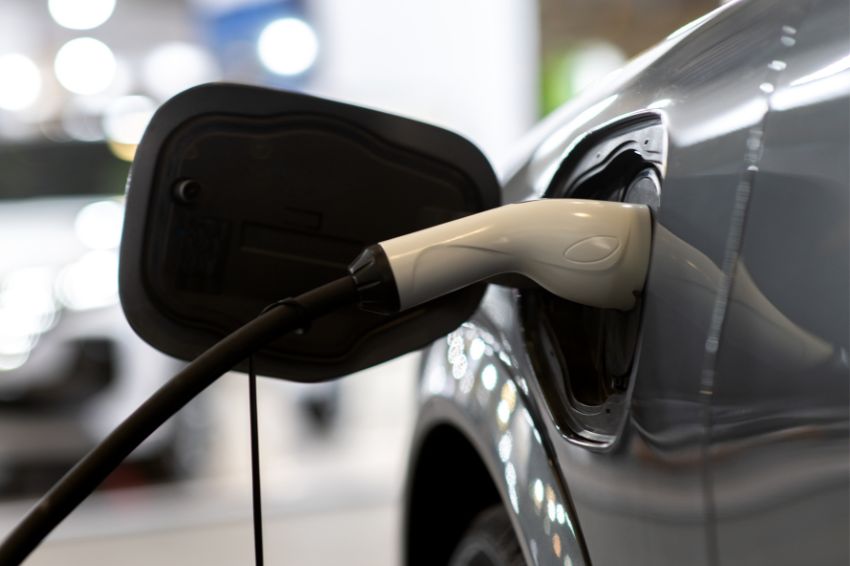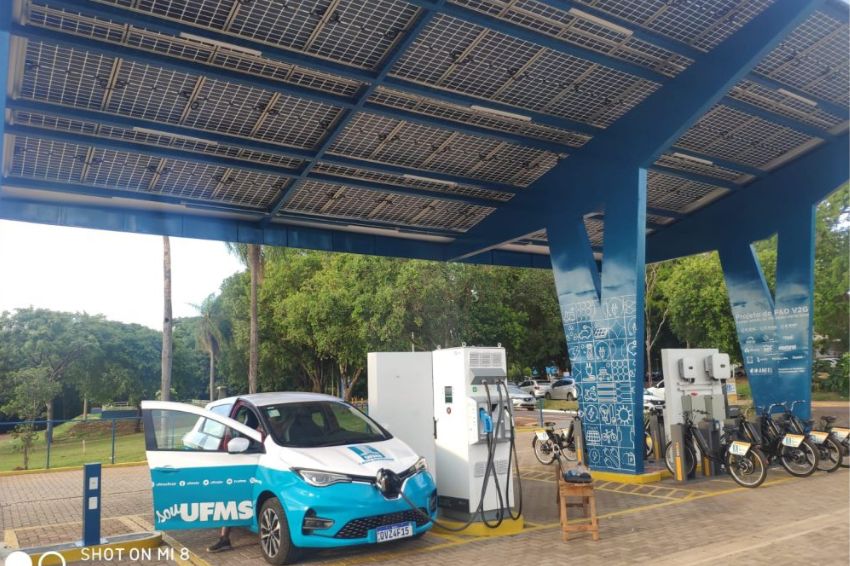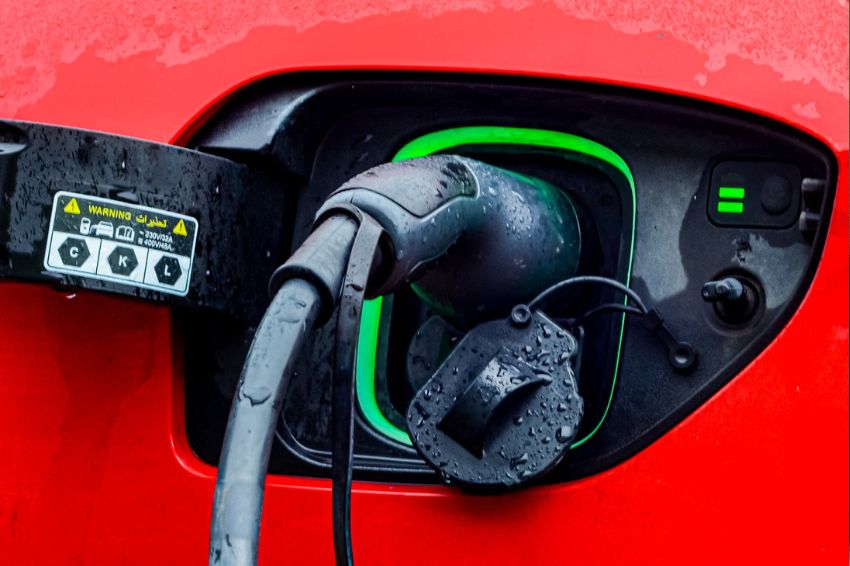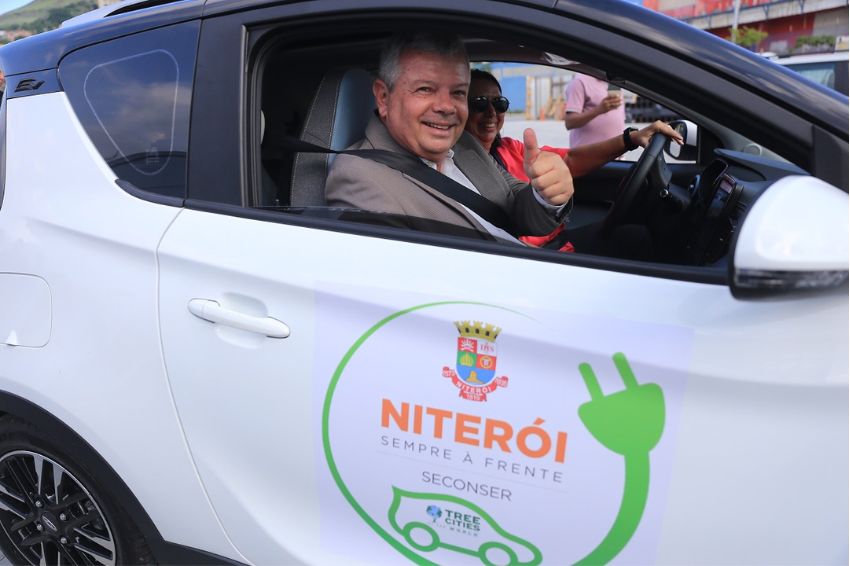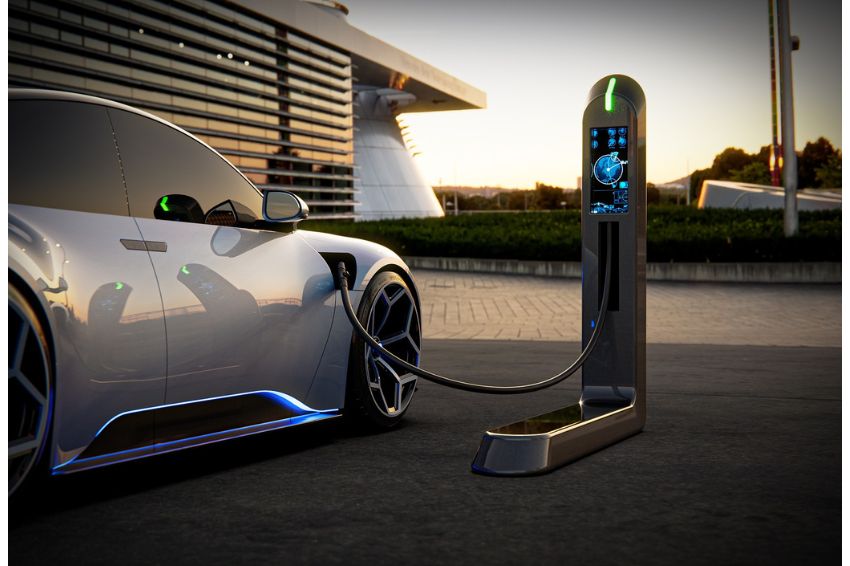With the aim of encourage the electric mobility in Brazil, The BYD has a complete charger solution which brings even more convenience to users of electrified cars.
“It is essential that we invest in and encourage the improvement of charging infrastructure to expand access to electric cars. O Brazil, as a country of continental dimensions, must spread the recharge structure across all regions, and BYD chargers help achieve that goal,” he said Tyler Li, president of BYD Brazil.
O lineup has two chargers - O HERE (alternating current), 7 and 22 kWh, and the models DC (direct current) 60 kW, 120 kW, 150 kW and 180 kW, in addition to the GridZero, DC up to 210 kW, which uses BYD battery technology. Such products are being sold in two market lines: residential and public.
According to the company, Grid Zero has a more balanced consumption of electricity, relieving the grid, unlike other fast chargers, which absorb energy very sharply.
Despite achieving a recharge speed of 210 kW, the equipment consumes up to 60 kW from the network. When not in use, the Grid Zero charger stores energy in the battery. Thus, when charging a vehicle, part of the electricity from the grid and part from the battery is used.
“In Brazil, the biggest challenge for fast recharging is the network infrastructure. These products arrive to facilitate and help solve this type of problem. Therefore, even in more distant locations, it is possible to install an ultra-fast charger connected to a storage battery”, explained Rodrigo Garcia, senior R&D manager at BYD Energy.
“The models have high quality, resistance and durability, suitable for public operations. They can be in operation 24 hours a day. They are very efficient chargers, which will have the main resources for development on existing platforms, and the possibility of new tools in the future”, added the executive.
According to the manufacturer, the efficiency can be proven by some data. With a 60 kW fast charger, for example, it is possible to recharge the battery of a BYD Dolphin from 30% to 80% in just 30 minutes. With the 150 kW fast charger, the battery of a BYD Seal goes from 30% to 80% in just 25 minutes.
Check out a explanatory video, carried out by Canal VE, about the new BYD chargers.
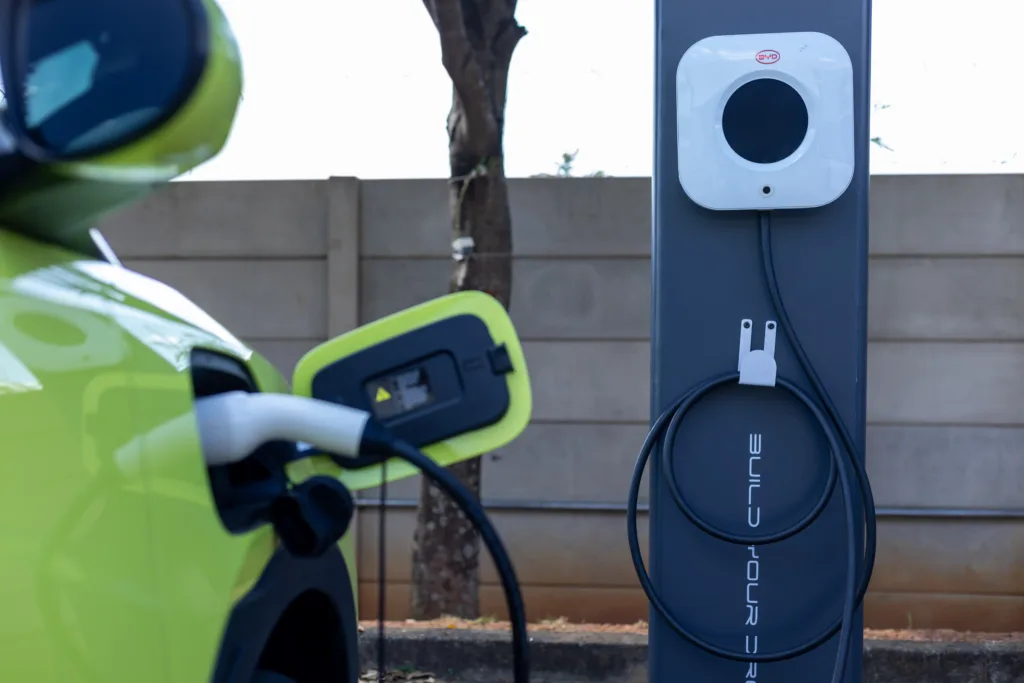
Solar sector and EPC services
Another facilitating segment of the charging ecosystem is solar panels. BYD Energy has already reached the milestone of 2.3 million photovoltaic modules produced in Brazil. Still in this segment, the company offers EPC (engineering, procurement and construction), that is, the development of large solar power plant projects from start to finish.
The combination – of solar panels and EPC – expands the capacity to generate clean energy and brings technology solutions to customers, increasing charging possibilities for electric vehicles. With this service, the company has already signed a partnership with Raízen Gera Developer, dedicated to distributed generation projects.
New app and expansion of the recharge network
The company also launched the BYD Recharge application to the market. By downloading the app – which is a white label from Tupinambá, a charging solutions company – the driver has access to more than 2,800 charging points located throughout the country and can make payments through the platform.
“At Tupinambá, we lead the technological vanguard of electric mobility in Latin America, with the conviction that this is the way to achieve full satisfaction for electric car users and accelerate the electrification of the fleet. The partnership with BYD reinforces this commitment, bringing together two innovative forces to transform the way people charge their EVs”, highlighted Davi Bertoncello, CEO & founder of Tupinambá.
“With the launch of the BYD Recharge app, we emphasize not only our technological expertise, but also our relentless focus on user experience. With proprietary technology and artificial intelligence, we are shaping an ecosystem in which electric mobility is so accessible and convenient that it becomes the obvious choice for everyone”, he highlighted.
Partnership with Raízen
Another action that reaffirms BYD's investment in this segment is the partnership with Raízen Power, a brand dedicated to Raízen's renewable electrical energy solutions and licensee of the Shell Recharge network in Brazil, Argentina and Paraguay.
The alliance between the two will open 30 hubs dedicated to electrical recharging with the Shell Recharge solution in eight capitals in Brazil, with clean and renewable 100% energy over the next three years. There will be approximately 600 new DC recharge points, adding another 18 MW of installed power nationwide.
The spaces will begin to be implemented this year in the cities of São Paulo (SP), Rio de Janeiro (RJ), Belo Horizonte (MG), Brasília (DF), Curitiba (PR), Florianópolis (SC), Salvador (BA) and Belém (PA). The companies also foresee a competitive offer of charging services for BYD drivers on the Shell Recharge network and renewable energy for their dealers.
“We strongly believe in establishing partnerships and bringing together companies to boost the market and, when we talk about the advancement of electrification, these joint initiatives are even more essential. For us, it is a commitment to encourage solutions for a more sustainable future and, in collaboration with partners like BYD, we will transform people's lives in their homes, work and commuting”, concluded Frederico Saliba, CEO of Raízen Power.
All content on Canal Solar is protected by copyright law, and partial or total reproduction of this site in any medium is expressly prohibited. If you are interested in collaborating or reusing some of our material, we ask that you contact us via email: [email protected].


